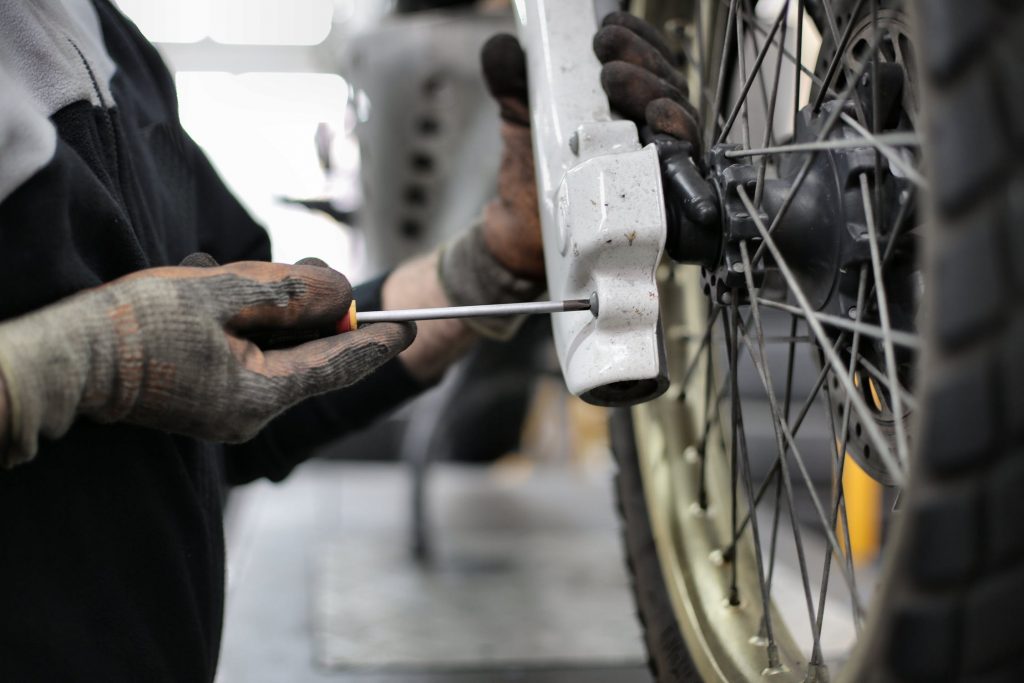There are many rules and regulations that businesses must abide by, including personal protection (PPE) requirements for their workers. For many industries this makes gloves part of the compulsory workwear. Whether your employees are handling hot things, chemicals, sharp objects, or just getting dirty they have the right to be protected and you have the obligation to provide protection for them. Even as a sole trader, you must be safe, or your business would suffer if you were to be injured. With so many options on the market though, how do you know what gloves to choose? These are our 5 key factors to consider.
1. Use
This is the most important element – what protective capabilities will the work gloves need? If you are in the cleaning industry and use a lot of harsh chemicals, then a pair of gardening gloves are not going to provide protection. Do they have to protect from the heat or cold, or are they being used during the hot summers or cold winters. Obviously, a butcher wouldn’t use the same gloves as a welder. So, knowing the job description will lead you to a better understanding of the requirements of the work gloves you need.
2. Features and materials
Once you know the work the wearers of the gloves will be doing it is time to look at the features and the materials. Work gloves come with all kinds of features like:
- Anti-vibration
- Chemical, cut, fire, germ, or heat resistance
- Cold weather, breathable
- Extra grip
- Heavy duty and impact
- Touchscreen-able
- Waterproof
They also come in a variety of materials including fibreglass, HPPE, Kevlar, latex, leather, neoprene, nitrile, nylon, polycotton, PVC and more. The different materials themselves offer individual features and advantages, from price, quality, and capabilities.
3. Colour
The colour of the work gloves may seem trivial, but it can be a matter of hands being visible amongst everything else or them blending in and becoming a hazard. You may want different coloured gloves in your business to indicate what they are to be used for or to differentiate between workers.
4. Size and comfort
You can buy the best set of gloves, but if they don’t fit, they can become a hazard. Work gloves that are too tight can restrict movement and ones that are too loose can cause slippage or get caught in machinery.
5. Quality and price
Like most things, the price of work gloves often reflects the quality. A cheaper version may not have all the same features, protections, or durability. If you are having to replace cheaper gloves more often, then quality outranks price, but above all they must meet the quality standards or they’re worthless.
When safe business practices mean that you and your workers must wear work gloves make sure you choose the right ones for the job. With so many options it can be daunting, but with help from a reputable team like RS, finding the perfect work gloves is as easy as 1 to 5.



